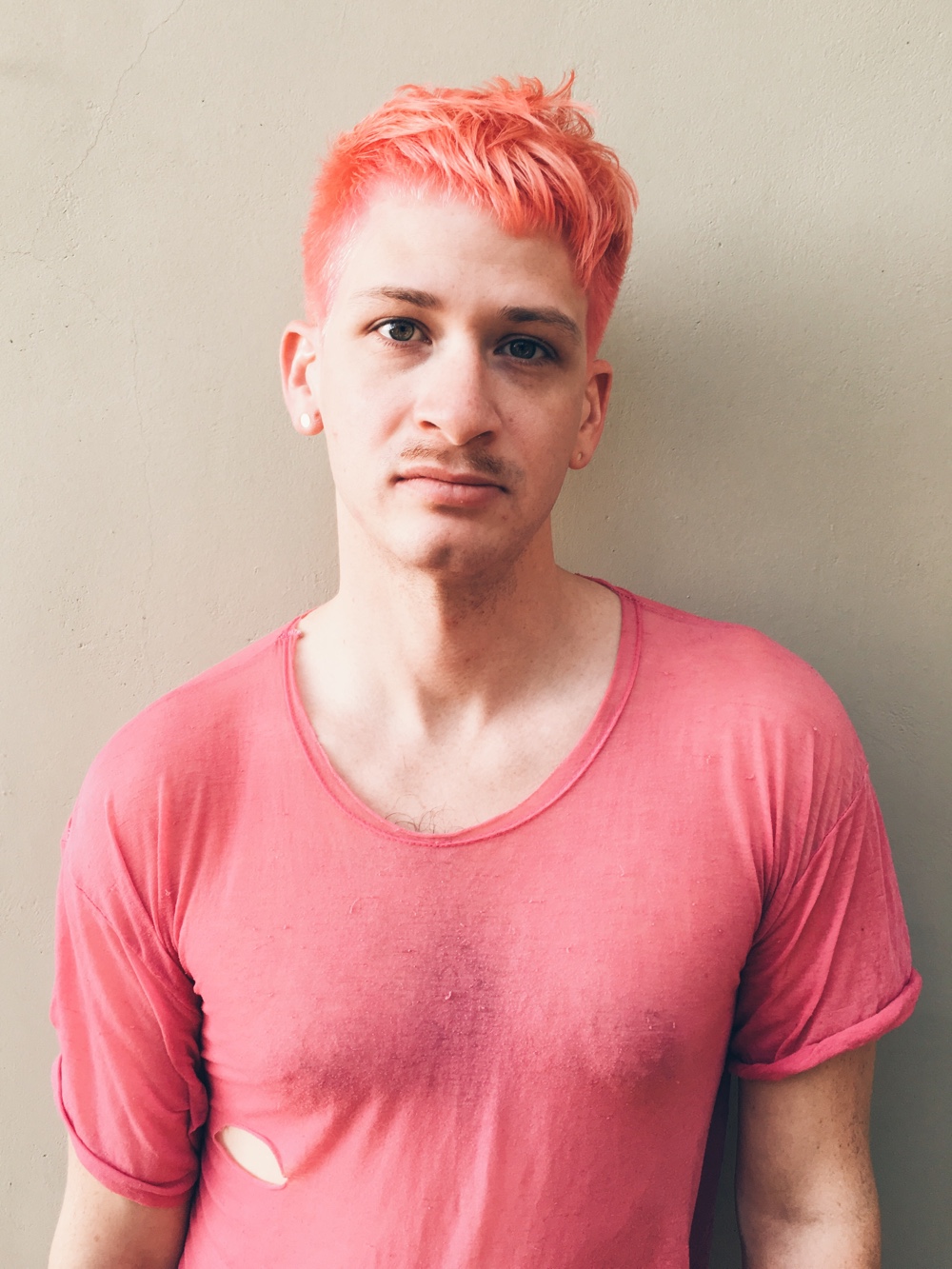The Transformation of This Word Highlghts a Fierce Debate in the LGBT Community

By:
The word “queer” has come a long way.
Today, the word is used to describe persons who fall under the LGBT umbrella but might not see themselves reflected accurately in the sometimes rigid lesbian, gay, bisexual, and transgender identifiers.
"Queer" is now often used colloquially, displaying the evolving nature of language.
The origin of the word “queer” is rooted in 16th century entertainment and evolved in a vulgar direction, becoming a slur for same-sex oriented persons in the late 19th century (in association with notable gay writer, Oscar Wilde).
Through much of the 20th century, the word was a distinct slur used against LGBT persons before it was reclaimed by groups like Queer Nation, who in the 1980s and 1990s embraced the negative nature of the word as a positive amid the AIDS crisis.
QUEER IS NOT A SLUR
— Irene Koh 🐯🍠 (@kohquette) May 20, 2017
PEOPLE HAVE FOUGHT FOR RECLAMATION OF THIS WORD SINCE THE 80s
FUCK YOU FOR SHITTING ON THEIR ACTIVISM
Now, many see “queer” as a loving umbrella to contain many of differing identities. Even groups like GLAAD and Human Rights Campaign have adopted the “Q” as “queer” instead of the common “queer/questioning” dual meaning.
“We celebrate the journey of this word,” HRC President Chad Griffin said in 2016. “Reclaiming with others what was once used as a cudgel against us, and recognizing the reality of how more and more LGBTQ people identify themselves.”
Yet there is a generational divide here, with not everyone seeing “queer” positively.
The word has often been equated to the “n” word by elders in the LGBT community. The word’s usage has been so divisive that, in 2013, its inclusion on job applications for Colorado College led to formal complaints.
As ATTN: noted when reporting on LGBT seniors, some in the community still express anger at use of the word. “Some people don’t like the word queer because they’ve been harassed so much,” Michael Fleming, a 77-year-old Los Angeles resident, told ATTN: at the time. Fleming went on to say that President Trump’s “adding the Q to the end” of the acronym should be concerning for LGBT people.
Dr. William Leap, professor emeritus at American University’s Department Of Anthropology, has studied and written about the implications of this word for decades. He isn’t surprised by feelings like this. “Some people remember queer as an epithet from the junior high school locker room, and don’t want to reanimate those memories,” he told ATTN:.
Likewise, linguist Arnold Zwicky wrote in the early 1990s that some believe the word “devalues gay people and their interests by burying them in a loose collection of sexually transgressive types.”
The generational tension associated with “queer” is only a small part of the word’s contemporary problematic nature.
On social media sites like Tumblr and Twitter, the word has gained the tag “q slur” by younger LGBT persons who find the word can be triggering.
q slur //
— the final dabi (@SHlGADABI) July 14, 2017
my dad called me a queer and i got in trouble for telling his drunk ass to fuck off
q slur //
— kas (@Ietterbomb) July 27, 2017
-
-
-
-
i can't believe i just read a post about "non queer lesbians" with my own two eyes
q slur-
— amy ♡ (@moItencore) July 11, 2017
/
/
:
THIS CLASS STILL HAUNTS ME pic.twitter.com/ZhVsp8urPS
q slur/ this is my lecture today pic.twitter.com/ZeBCRE5bVw
— sam ♅ (@outerscout) June 28, 2017
"Those who see it as always already negative probably see language as a fixed system of meanings (and rules)," Dr. David J Peterson, an English professor at the University of Nebraska Omaha, told ATTN:. "Thus 'queer' is negative because in the past it was used negatively and it's impossible to change that."
Leap sees things differently than some critics of using the word. “The recent pushing away is a new spin on an older stance... but now with newer motivations," he explained. Leap related this to studying LGBT persons in late-90s Cape Town, South AFrica, where the word was associated with social status. “White gays and lesbians were all about ‘queer,’” Leap said. “Same-sex desiring men and women from the townships avoided the term because of its ties to whiteness, hence apartheid and the old regime.”
The notion of the “q slur” might come from a similar point of view: using “queer” represents entitlement. “It reflects divisions,” Leap said, alluding to privileges associated with “access to protection” that persons of different educational, racial, class, gender, and cultural groups are not always afforded. Others cite concerns that the use of "queer" is a way for heterosexuals to buy into being LGBT.
There is certainly evidence that “queer” is used in a negative sense today.
The reality is that “queer” might be reclaimed in urban and academic circles, but it’s still being used in hateful ways.
As Dr. Monica Stephens has chronicled in her Geography Of Hate , an interactive map that logs “geotagged hateful tweets in the United States,” the use of “queer” is the most pronounced homophobic slur, beating out "dyke," "fag," and "homo" in terms of its use as a slur.
"As may be the case with 'queer,' those negative connotations can still be harnessed, while at the same time 'queer' can have neutral or positive associations," Peterson said. "It just depends on who is speaking."
Over 90 percent of LGBT students report hearing anti-gay slurs, while 84 percent of LGBT students say they have been called names or threatened because of their sexual or gender orientation.
While “queer” might represent progress to many, words can be charged in many directions.
The word “queer” is certainly having a moment. Yet, the issue raised with the “q slur” has major implications: as we see in the news, words have power, and there's a fierce debate over whether this one, in particular, is empowering or emboldening.
